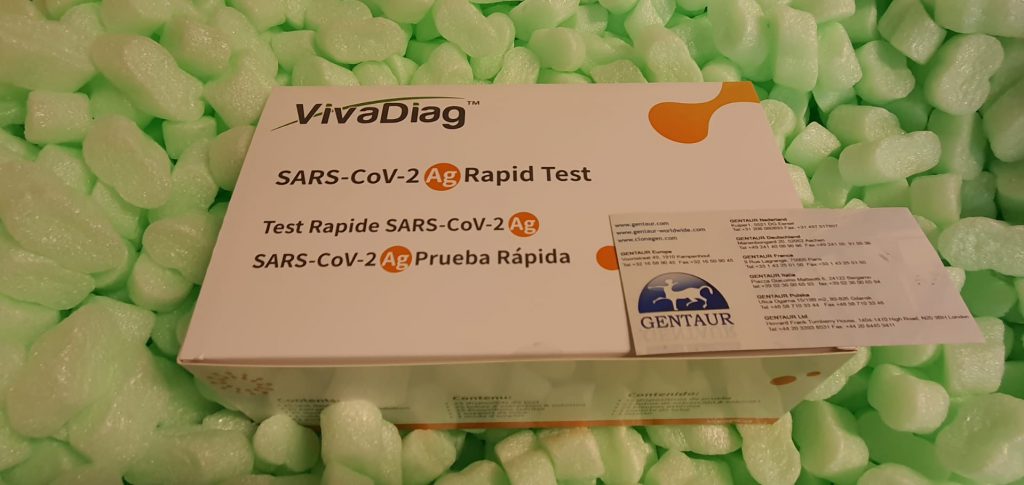clima kissimmee – PRS BioSciences
Background: Inflammatory bowel diseases (IBD) are recurrent potent inflammatory conditions whose incidence and prevalence have increased, along with in Brazil. In the long term, they will be charged for structural injuries that affect the high quality of life, morbidity and mortality of patients.
Objective: To describe the profile of the physicians who care for IBD patients, as well as the characteristics of IBD care, the demands and unattended difficulties.

Methods: A questionnaire containing 17 gadgets was prepared and sent to 286 doctors from 101 Brazilian cities in 21 states and the Federal District, selected from the registry of the State Commission of the “Brazilian Inflammatory Bowel Disease Study Group” (GEDIIB) .
Results: the majority of the physicians who answered the questionnaire were gastroenterologists and colorectal surgeons. More than 60% had up to 20 years of experience within the specialty and 53.14% worked in three or more areas. In this questionnaire, difficulties in accessing or releasing medications had become evident, as well as referrals to healthy allied professionals working in fields related to IBD. More than 75% of physicians reported difficulties performing double balloon enteroscopy and capsule endoscopy, and 67.8% reported difficulties measuring calprotectin.
With regard to the variety of patients cared for by each doctor, it was found that the patients are not centered below the duty of a few doctors. Infliximab and adalimumab had been essentially the most widely used organic drugs and there was a better prescription of 5-ASA derivatives for ulcerative colitis than for Crohn's disease. Steroids had been prescribed to a smaller proportion of patients for each of the conditions. The issues "failure of organic remedy" and "new medicine" had been reported as these with higher precedence for dialogue in medical congresses. In relation to the possible variations between the many areas of the country, doctors in the northern area reported a greater problem in accessing complementary examinations, while those in the northeast area indicated a greater problem in accessing or releasing medications.
Conclusion: The knowledge obtained through this research shows the profile of specialized medical care in IBD and is a useful device for the implementation of the insurance policies of the presidency and for Brazilian society as a whole.
Methodological and medical challenges related to biomarkers of psychiatric illness: a scoping assessment
For the past decade, psychiatric analysis has been on a necessary search for biomarkers of psychiatric illness. In psychiatry, the time period "biomarker" is a broad period of time that is used to determine any organic variable that can be objectively measured and used for analysis; This consists of genetic and epigenetic evaluations, hormonal ranges, neuroanatomy measurements, and many different scientific modalities. However, regardless of the tons of research on the subject that is printed annually and the different medical specialties that are successful in discovering biomarkers, the psychiatric medical application has not been as successful.
This article aims to consolidate the diverse opinions on the search for psychiatric biomarkers to recommend key methodological and medical challenges facing psychiatric biomarker analysis. Psychiatry as a specialty has many elemental variations compared to different medical specialties in diagnostic strategies, underlying etiology, and disease pathologies, which may be limiting the success of biomarker analysis itself and places strict needs on the analysis that is done.
The tutorial and medical environment in which the analysis is performed also closely influences the interpretation of the findings. Finally, as soon as biomarkers are recognized, most of the time they are inapplicable to medical settings, cannot be combined in medical applications, and do not exceed current diagnostic advice and practices. Additionally, we make six suggestions for more promising future analyzes on psychiatric biomarkers.